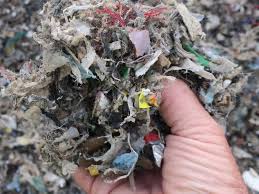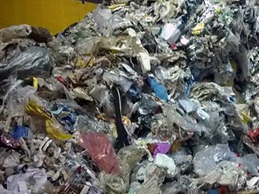SRF is a high quality alternative fuel that is mainly composed of non-hazardous waste such as wood, paper, and textiles, in compliance with the European standard EN 15359. SRF is free from food, metals, glass and rubble, up to a level of 2.5%.
SRF has higher calorific value than RDF due to additional processing that this fuel has gone through. As a result, SRF is a very competitive fuel for cement kilns and other industrial facilities.
SRF is a source of energy that's not subject to the price volatility of traditional fossil fuels The quality of SRF can be established on an individual basis (as special fuel blend), in accordance with the requirements of the end user SRF is a Non-hazardous waste SRF combustion is recognized as neutral in terms of CO2 emissions
SRF has higher calorific value than RDF due to additional processing that this fuel has gone through. As a result, SRF is a very competitive fuel for cement kilns and other industrial facilities.
Advantages

